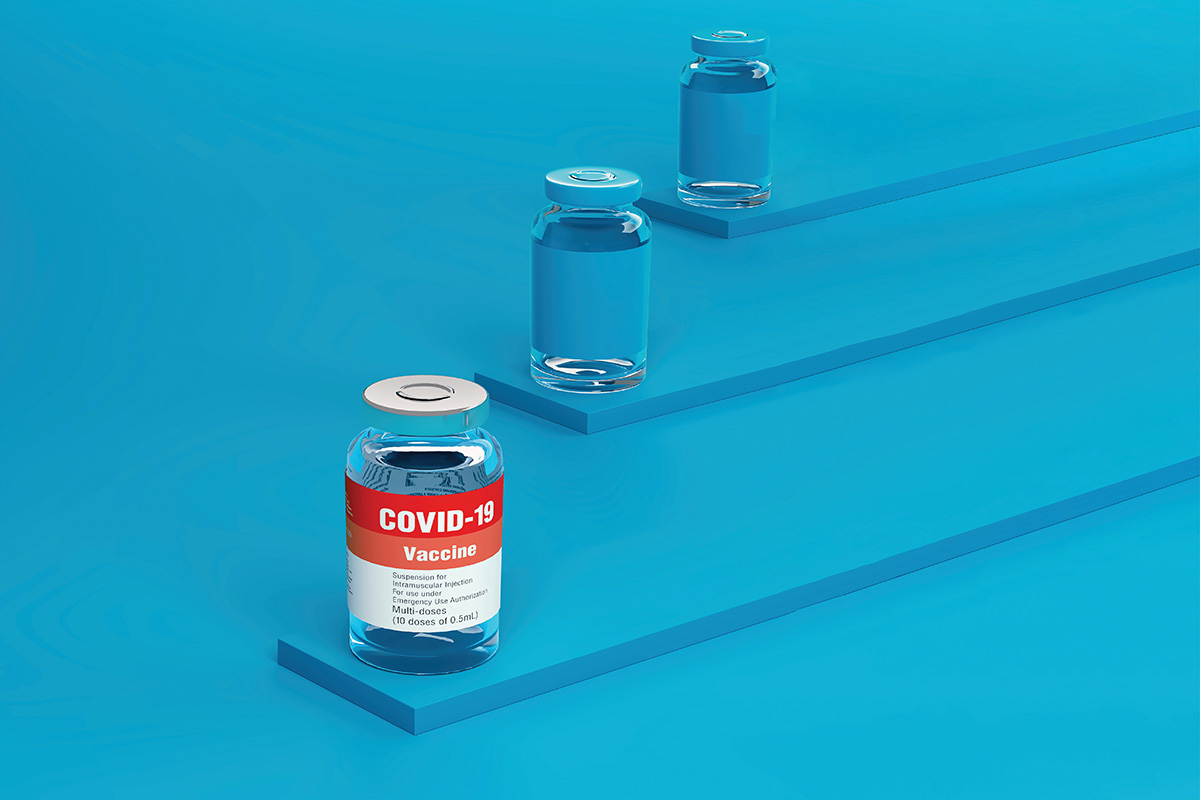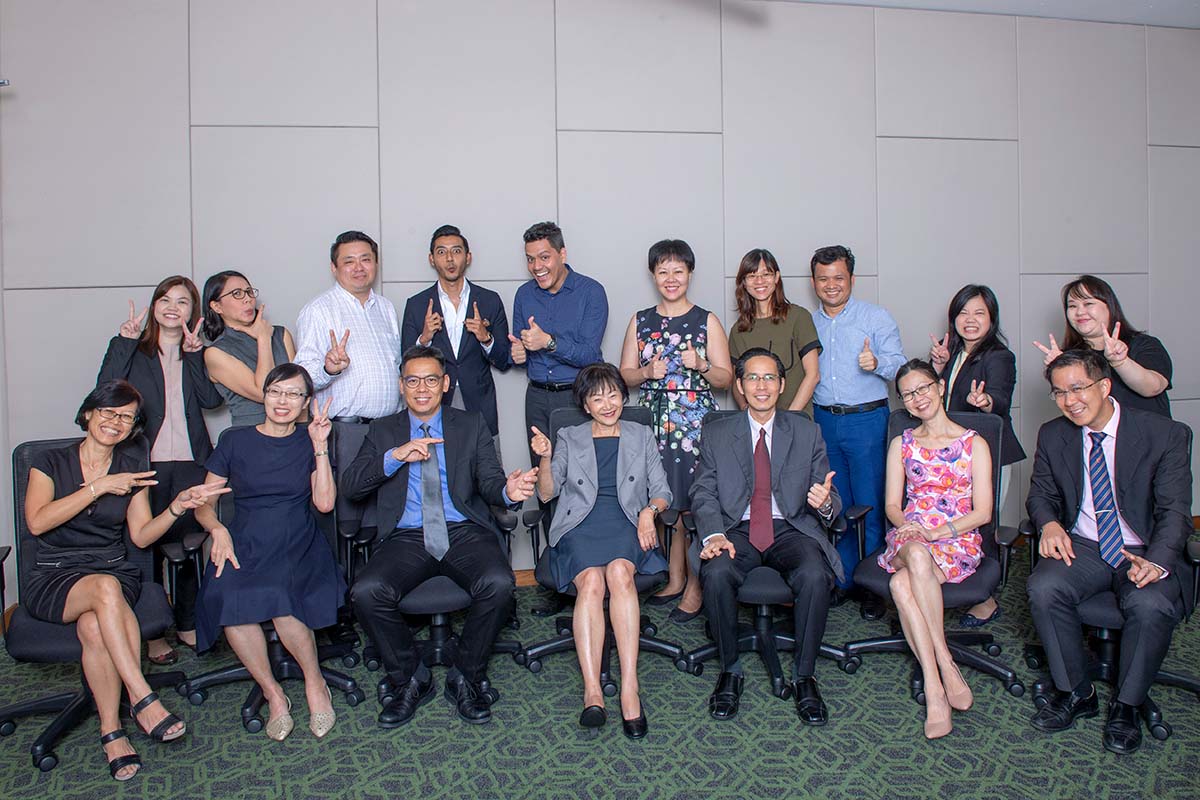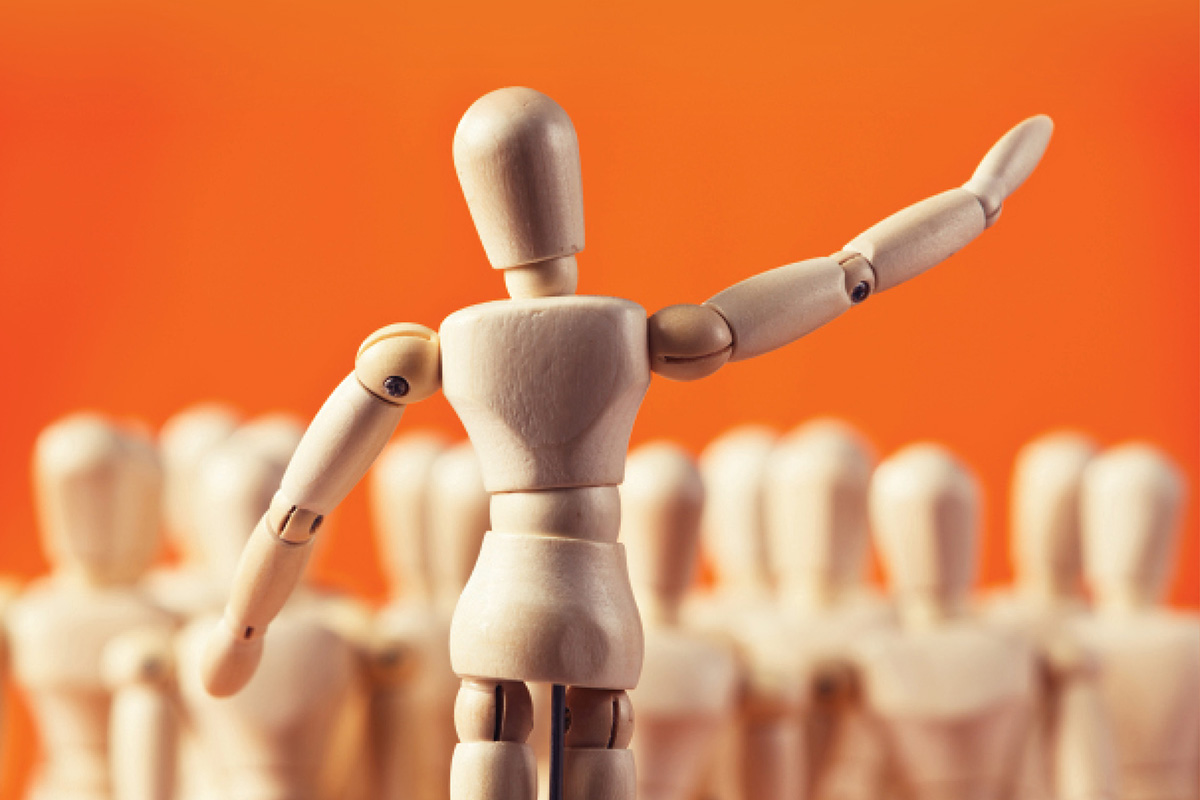
Issue 41 / February 2022
Ethically Speaking
Does Singapore Seem More Anxious about COVID-19 Deaths than Any Other Causes?
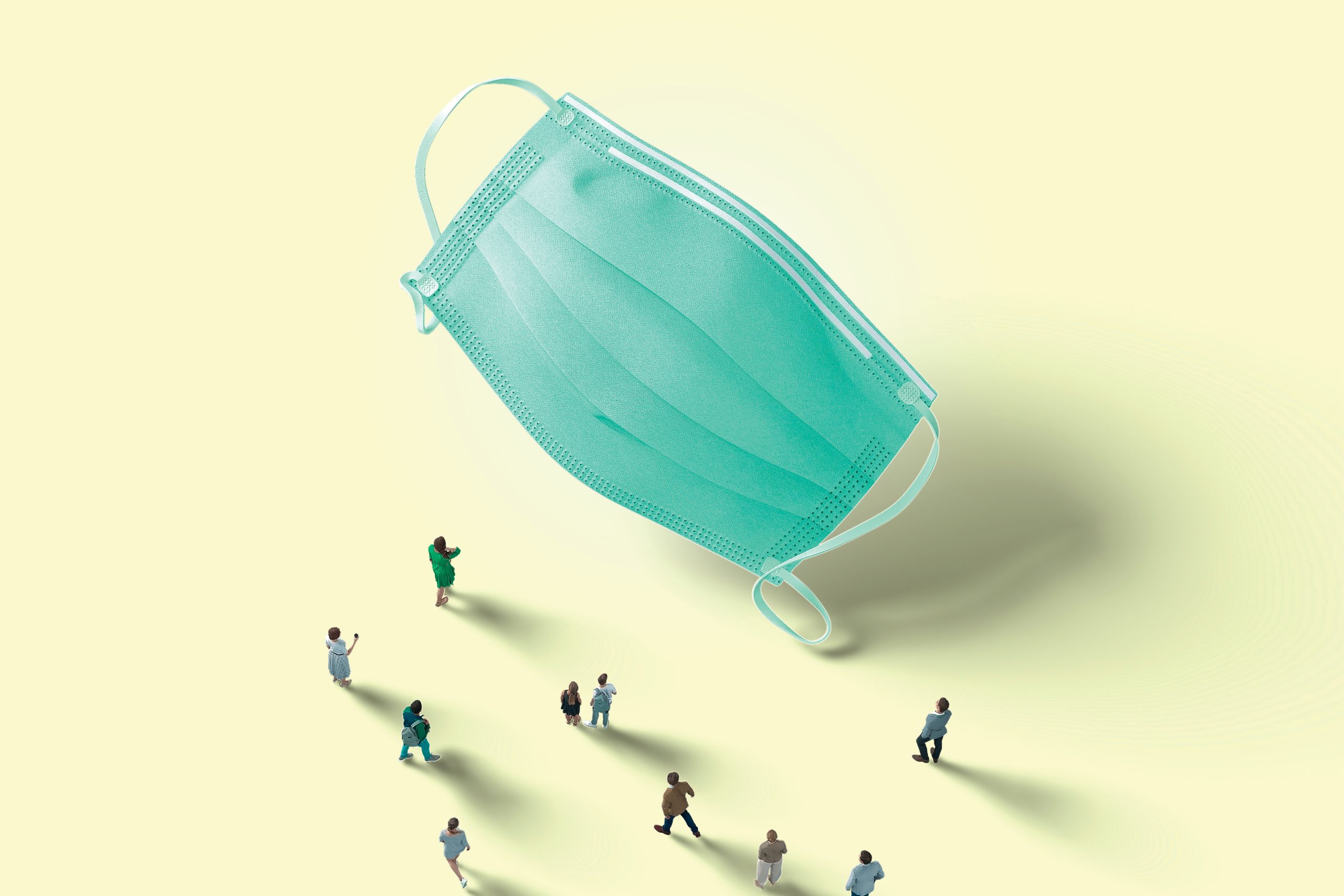
There is no magic formula to determine how many COVID-19 deaths will be acceptable for Singapore as we learn to live with COVID-19 but comparing it to other causes of death may not be meaningful, say NUS researchers.
s Singapore eases measures to prepare for endemic living, Health Minister Ong Ye Kung cautioned in August that Singapore has to be “psychologically prepared that the death toll due to COVID-19 will also likely go up”.
Is this an ominous warning or a sombre reminder of reality?
These tensions are coming into sharper focus as infections and deaths mount. Singapore recorded 215 COVID-19 deaths as of 16 October 2021, with nearly 80% of these occurring in the recent two months.
There was a sharp uptick in cases from August 2021, resulting from community spread of the more transmissible and virulent Delta variant, despite 83% of the population being fully vaccinated. No doubt the recent spike in deaths has provoked a range of reactions.
Some see the COVID-19 death toll as part and parcel of living with the virus, but such reactions often get chastised for being insensitive to the pain of those who have lost loved ones to COVID-19.
Others insist every death is one too many and at the extremes, clamour for stricter policies to reduce our shared vulnerability—even a return to a zero-COVID strategy that countries like New Zealand have abandoned.
Why are COVID-19 deaths seen differently?
Pandemics are as much psychological as epidemiological events. How we respond to the disease and the kinds of public health measures we accept are influenced by our beliefs, fears and perceptions of the existential threat to self and society.
About 60 people die in Singapore every day on average. Cancer, pneumonia and ischaemic heart disease—the top three causes—account for about two-thirds, or around 40 deaths a day, according to the Ministry of Health. Influenza accounts for an estimated 600 to 800 deaths here each year.
So why do we seem especially anxious about the toll of COVID-19?
Singapore
recorded
215
COVID-19 deaths
as of 16 October
2021, with nearly
80%
occurring in
the recent
two months
Behavioural experts attribute this to “salience bias”. Our sensitivity to COVID-19 risks has been heightened by its prominence in our lives.
COVID-19 is almost all we ever read or talk about today—with daily updates, regular government press conferences, constant reminders of social responsibility—and experience in our own disrupted work and social lives.
An extreme example is “COVID-19 stress syndrome”, in which individuals suffer from a fear of getting infected and a compulsion to continually seek out information and reassurance.
For others, continually hearing about the rising number of COVID-19 cases and accumulating deaths despite more stringent restrictions may increase their feelings of helplessness about infection risk. This perceived lack of control and subsequent passive acceptance of the state of affairs can make it more challenging for some to keep up and comply with ever-changing control measures.
At the other end of the spectrum, some have questioned whether prevailing restrictions are justified when we look at the relatively low death toll. After all, we have learnt to live with dengue and flu—not looking at elimination but also not panicking when numbers tick up.
But pitting COVID-19 against other causes of death is too narrow a perspective. Many more COVID-19 deaths would undoubtedly have occurred without the public health measures implemented over the past 20 months.
In the US, COVID-19 has been in the top three leading causes of death for most of the pandemic, briefly surpassing cancer and heart disease as the top killer. And the UK experienced 10% more deaths during the pandemic compared with previous years.
Even under continuing restrictions, some COVID-19 deaths in Singapore are potentially avoidable, for example, by vaccination, and we should care about what we can do better to prevent them.
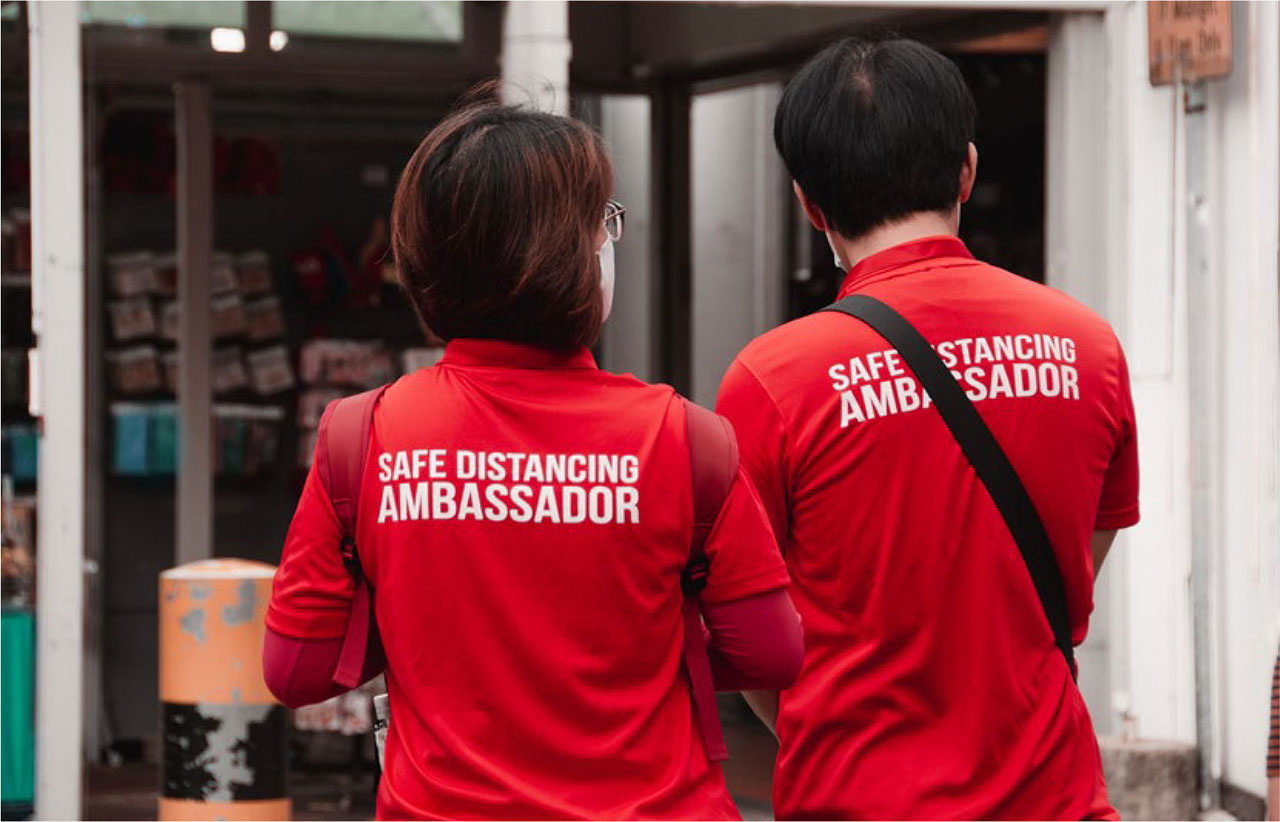
Considerations for endemic living
The more pertinent question is which precautionary measures are justifiable and reasonable as we transition to living with COVID-19.
Pandemic fatigue is straining our motivation to accept prolonged restrictions, particularly if, COVID-19 is expected to become endemic. But there are some important issues to consider.
Children too young to be vaccinated still depend on the rest of us exercising prudence to reduce their risk. This will hopefully change soon as evidence accumulates about vaccine safety and efficacy for them. Globally, the pandemic situation is still highly volatile and countries have experienced dramatic resurgences, even with high vaccination levels. Ongoing virus transmission could give rise to new variants against which we might be less protected even with vaccination, as happened with the Delta variant.
COVID-19 deaths elsewhere should thus concern us as much as deaths at home. Many of these deaths are preventable, but globally less than half of the population have had at least one dose of a life-saving vaccine.
Learning to live with COVID-19 will be difficult
Living with COVID-19 is a societal decision not to continue the pursuit of disease elimination—even if it were theoretically possible—because the burdens of such a strategy outweigh the benefits.
As restrictions ease and borders reopen, we must be prepared for severe cases and deaths to rise—this is an inevitable consequence of easing the societal and economic toll of the pandemic.
<50%
of the world
population have
at least one dose
of vaccine
Unfortunately, there is no magic formula that tells us what number of deaths from COVID-19 would be acceptable. This is something that every society, including Singapore, must grapple with.
Until we do, we can expect to live with a great deal of uncertainty, with periodic changes to our collective and individual freedoms.
What is certain is that with vaccines and increasing treatment options in our arsenal, we are in a much better position to emerge from this pandemic.
To live with something means to accept and experience a difficult, undesirable situation that may continue for a long time.
We must accept that we will be living with COVID-19, and that this will impact some of us more severely than others because of differences in social and economic circumstances. Effective communication, as well as public health and social interventions to minimise these impacts will be crucial as we adjust to this new relationship.
Equally important as we transition to living with the virus is to continue resisting tendencies that divide us—the younger from the older, the vaccinated from the unvaccinated, the local from the foreign. Living with COVID-19 should signify a new phase in which we collectively make some trade-offs—taking on some risks in exchange for greater freedom.
If we are all willing to accept the risks, then we should strive to ensure that we can all have a share of the benefits.
About:
Dr Voo Teck Chuan is an assistant professor and Dr Jane Lim is a research fellow at the NUS Centre for Biomedical Ethics, NUS Medicine. They are members of the Epidemic Ethics project which is funded by the Wellcome Trust and the UK Department for International Development, in collaboration with the World Health Organization. Dr Clarence Tam is an assistant professor at the Saw Swee Hock School of Public Health, National University of Singapore.
A version of this article first appeared on channelnewsasia.com.

